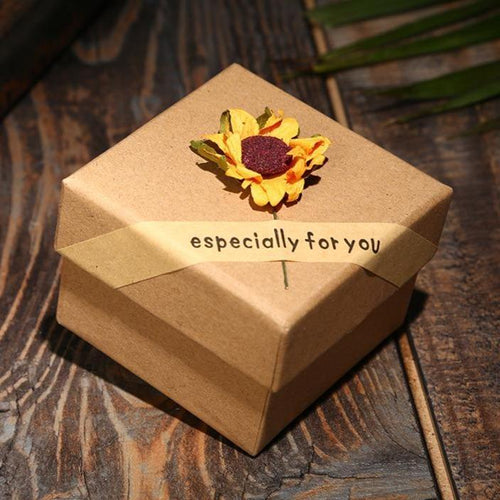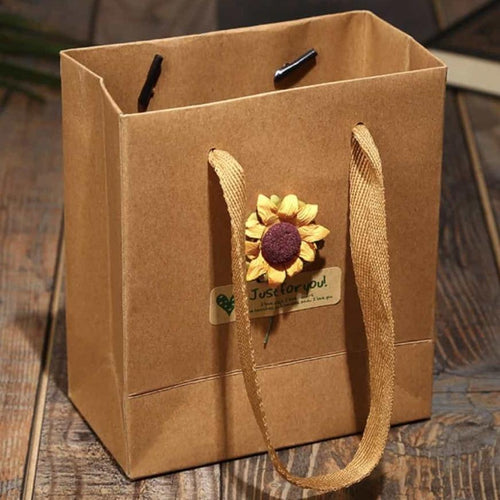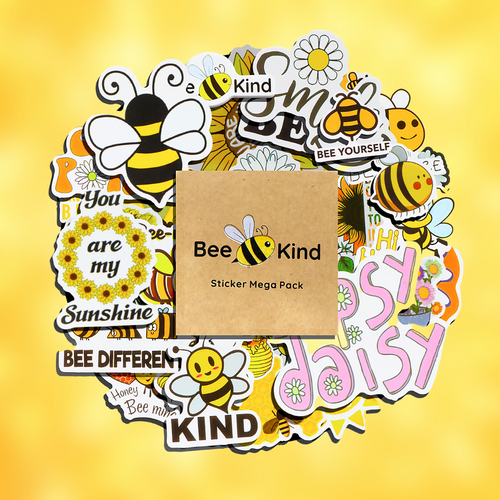Being eco or environmentally friendly simply means having a lifestyle that is better for the environment.
People around the world are slowly becoming conscious of the declining rate of natural resources around them.
In Bee Kind we believe that absolutely anyone can contribute to a greener and cleaner environment and for that you don’t have to make drastic changes in your lifestyle - we can promise you! These changes are budget-friendly and they don’t take a lot of time.
What is more - making the shift towards an environmentally friendly lifestyle can help improve your health and life overall!
Here are some easy green choices that can help you to make your life more eco friendly:
1. Replace Chemicals with Greener Solutions
The average household cleaning products, cosmetics, and food preservatives contain a lot of toxic chemicals. And when used, they increase the risk of chronic health conditions like cancer and lung diseases. Besides, chemical-based products are a leading cause of air and water pollution when disposed of in landfills and water sources.
2. Try going plastic-free
Tons of plastic are sent to landfills all over the world each year. Every year thousands of marine animals like turtles, seals and seabirds ingest or become tangled up in it when it enters the sea too.
You may find it challenging to go without using plastic as it appears to exist in every single aspect of our lives. However, it isn’t as tricky as you are thinking. Cut down your plastic by opting for reusable options instead.
In our opinion best alternatives to plastic include:
- Stainless steel
- Bamboo
- Glass
- Ceramics
- Cardboard
- Beeswax wrap
3. Plant trees
Trees are necessary for us to survive. Trees help to combat global warming by absorbing carbon dioxide, removing, and storing carbon while releasing oxygen back into the air. They give us oxygen, fruits, provide shelter to wildlife and also prevent soil erosion.
Without trees, humans would not be able survive because the air would be unsuitable for breathing!
A shady landscape around your home can help you to reduce the consumption of energy and keep your backyard cool even during summers.
Plant small trees around your home and don’t cut trees unless it’s necessary.

4. Stop food waste
You waste food sometimes intentionally and sometimes unintentionally. Regardless of the reason, producing uneaten food is a waste of a whole host of resources such as seeds, water, energy, land, fertilizer, hours of labor, and capital invested.
It also generates greenhouse gases at every stage, including methane, when you throw them out.
If you do have any leftover food, make sure you compost it!
5. Use LED light bulbs
Not only do LED light bulbs last longer than conventional bulbs, they’re far more efficient too! This means that you’ll be using less power and having to replace your light bulbs less frequently.
Saving energy is overall very important for the environment.
6. Buy local
Did you know that the closer to home products like clothes to food are made and bought, the less carbon is created with their transportation? Not only that, but you’ll be supporting the local economy and small businesses which means that in time you’ll likely have even more local items to choose from.
7. Save water
Saving water around the home is another way to reduce the environmental impact of your lifestyle and it also helps you to save money.
You can save water by using short cycles for washing clothes: Modern washing machines have an “Eco Wash” option you should take full advantage of.
You can also try to take shorter showers and urn off the tap when brushing your teeth.
8. Save bees!
Saving bee is one of the most important environmental initiatives that you can take. These little insects are vital to pollenating the Earth’s vibrant ecosystem, but they have been dying out due to the use of pesticides.
Bees are a keystone species and it means that if bees die off it will end most life. In nature, various animals depend on bees for their survival because their food sources – nuts berries, seeds, and fruits – rely on insect pollination.
You can learn more about saving bees in our article: Saving Bees - Q&A
A portion of every purchase at Bee Kind Shop is donated to non-profit organizations that help save bee colonies around the globe.











